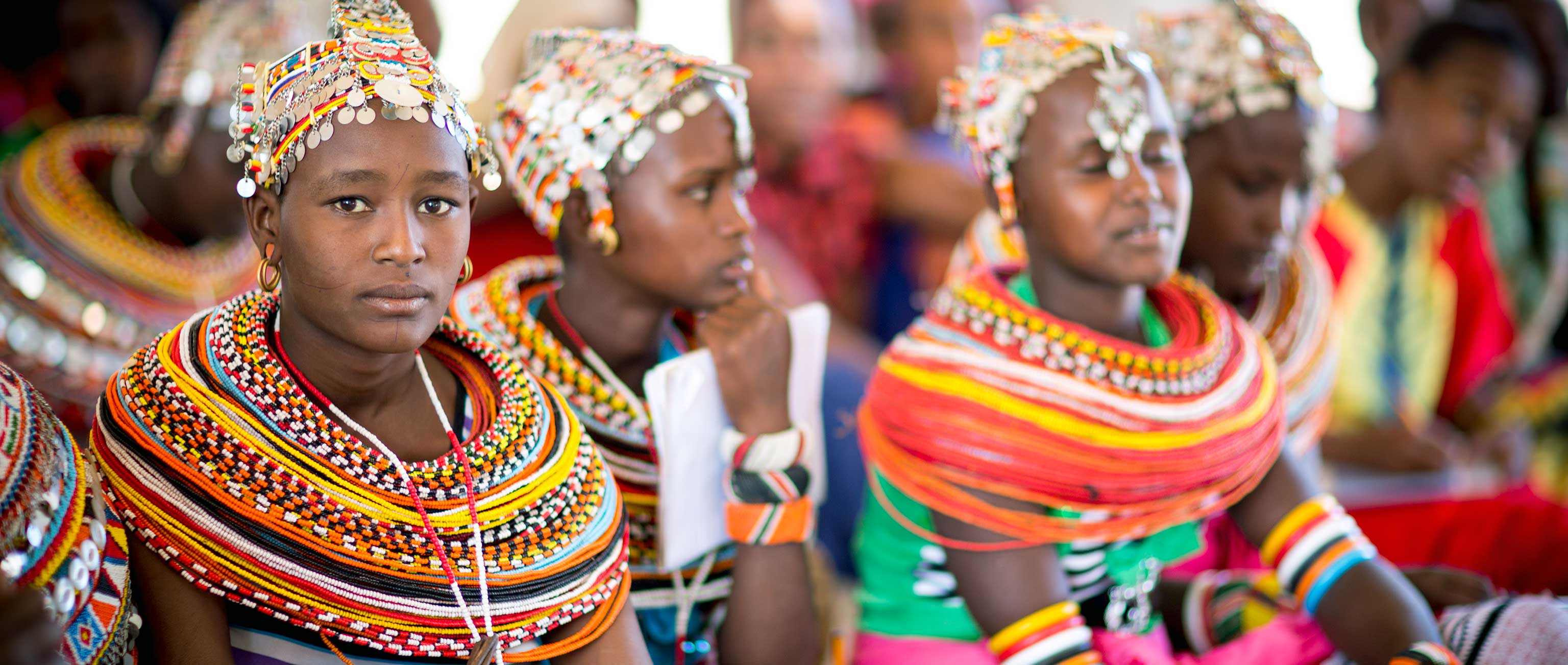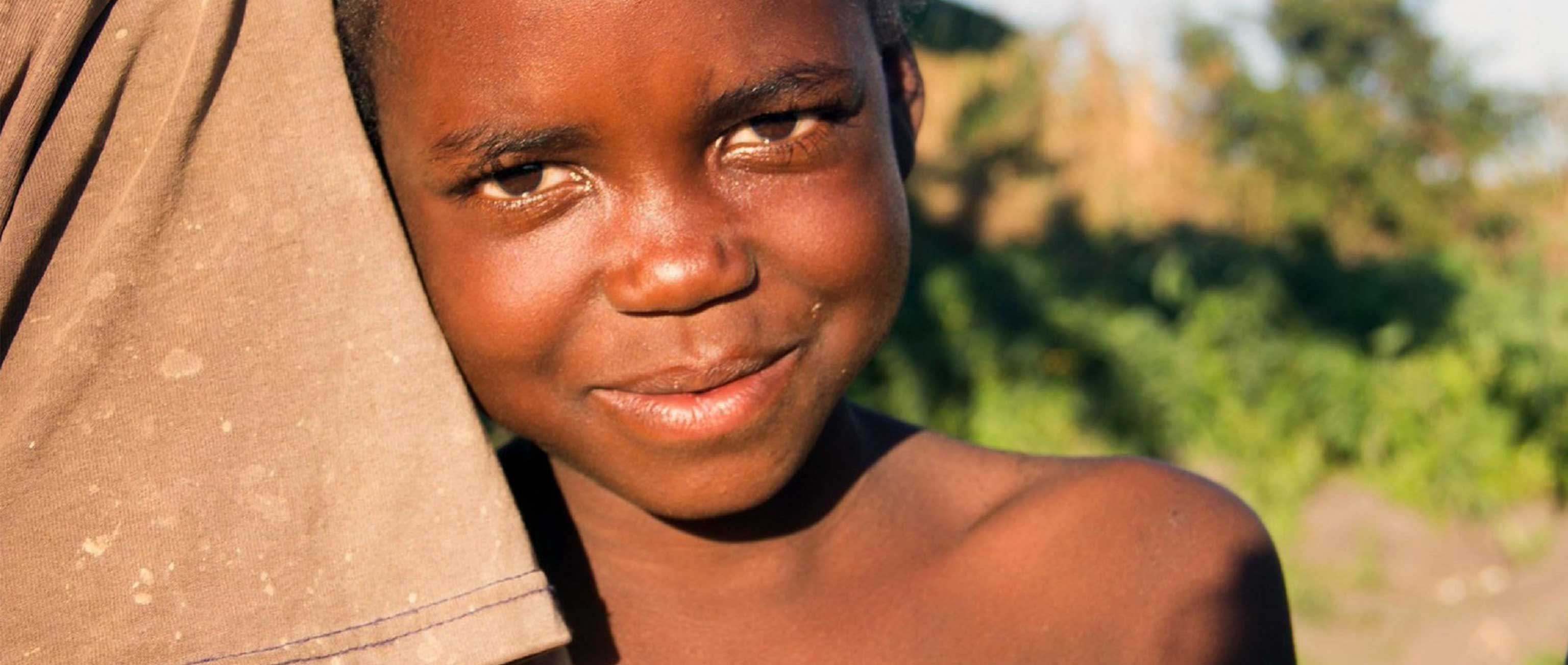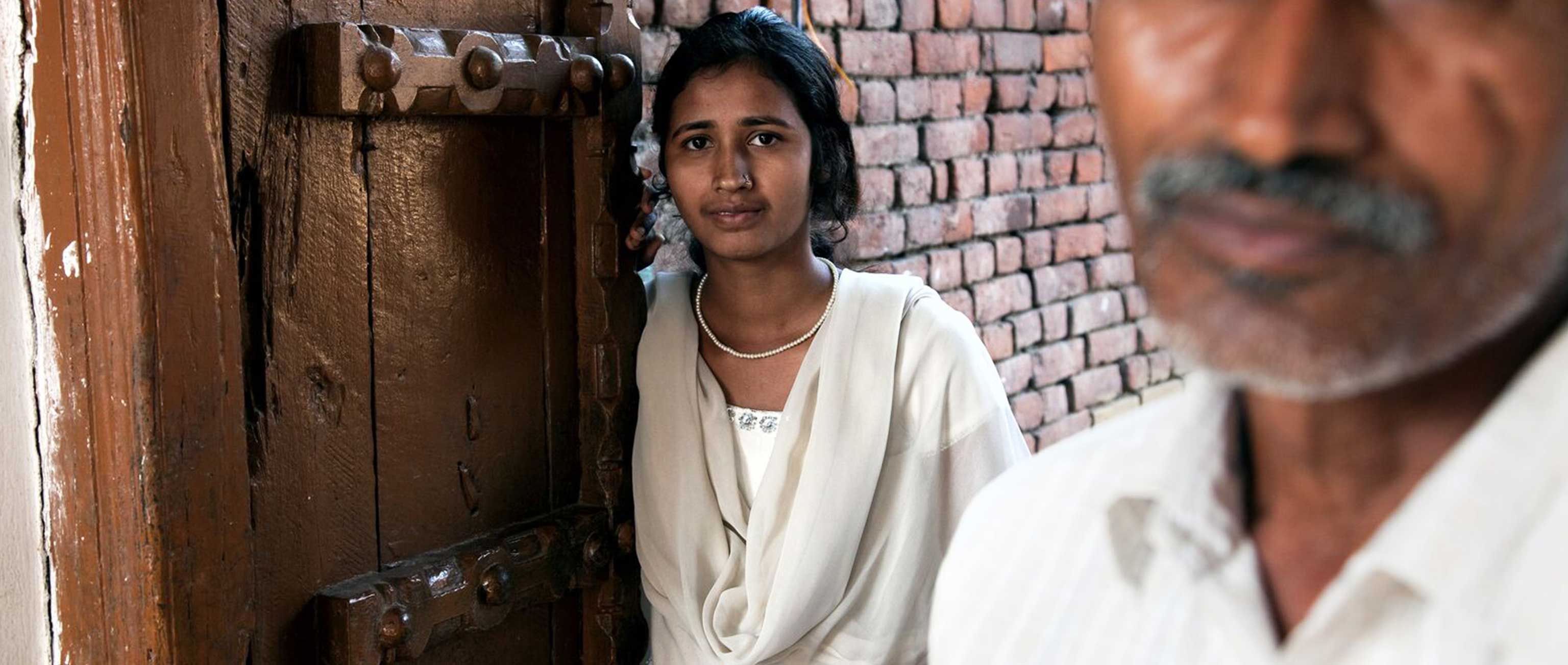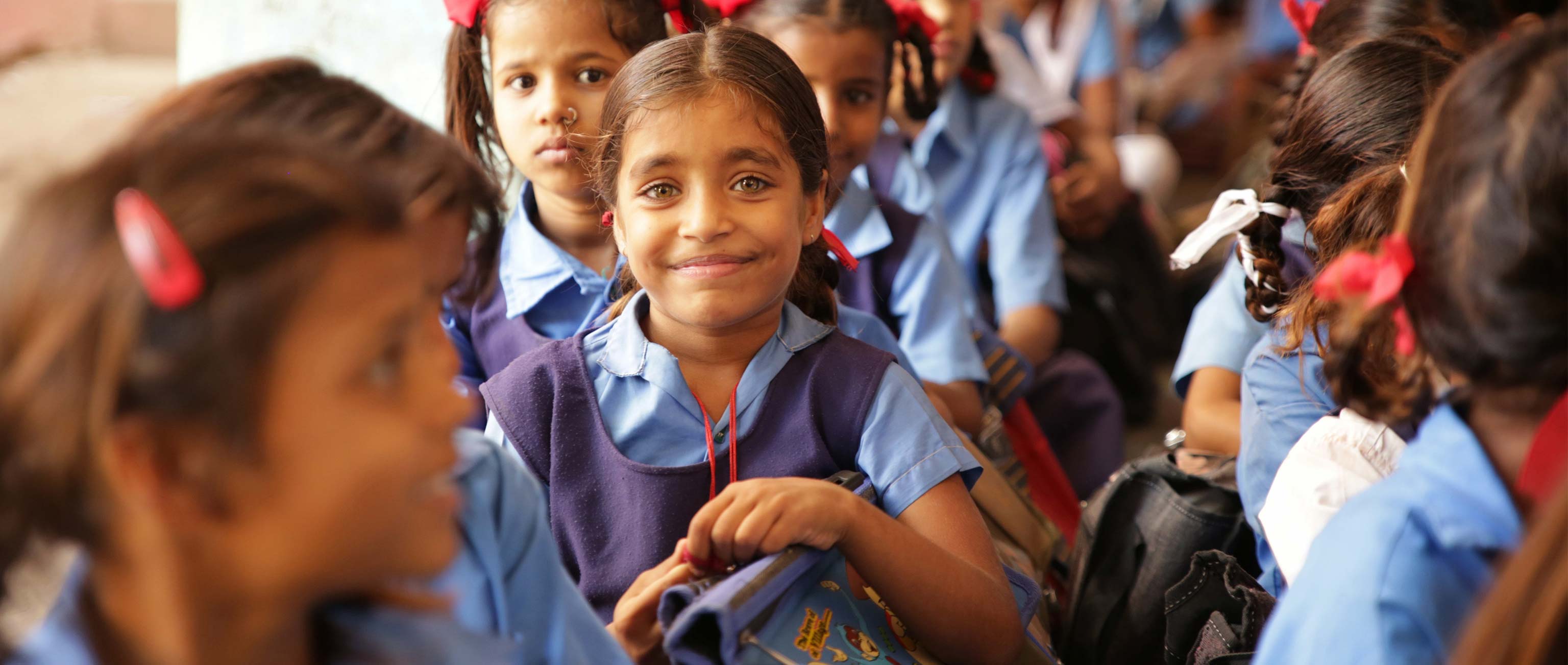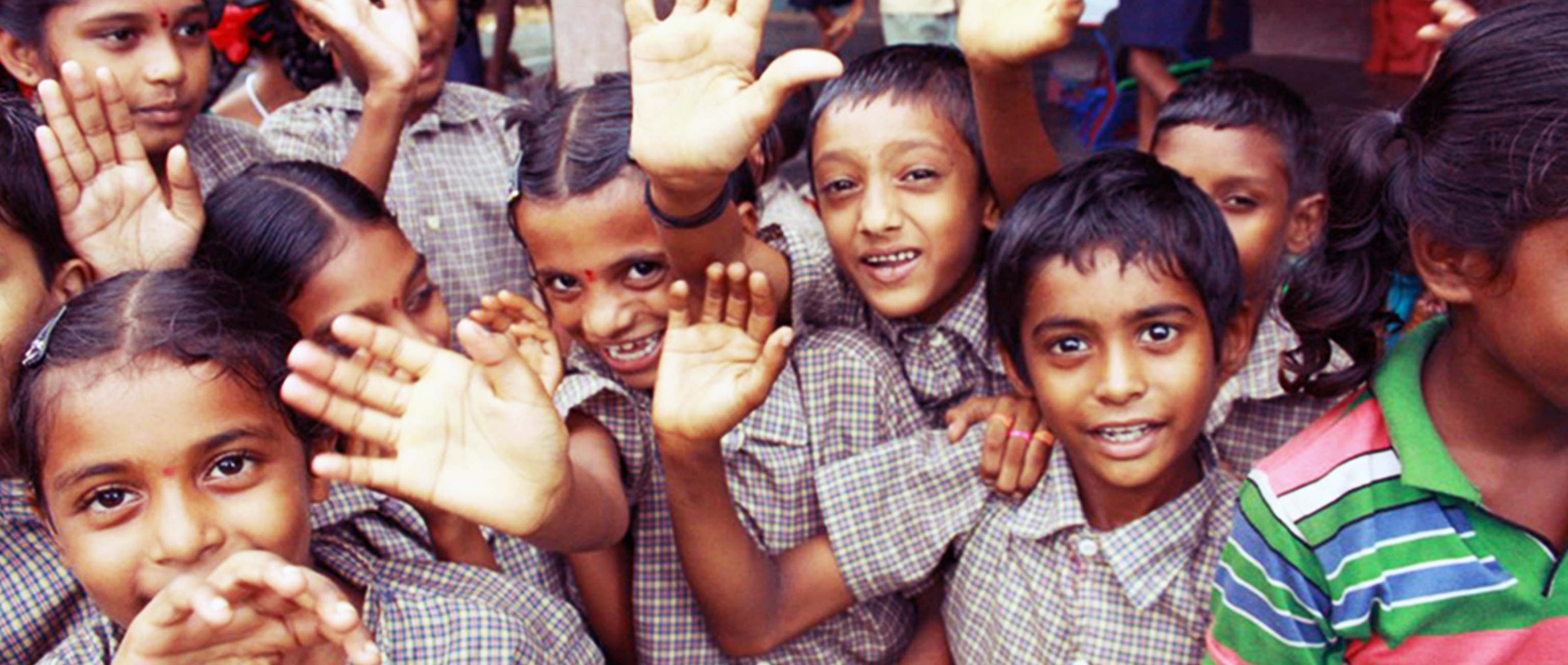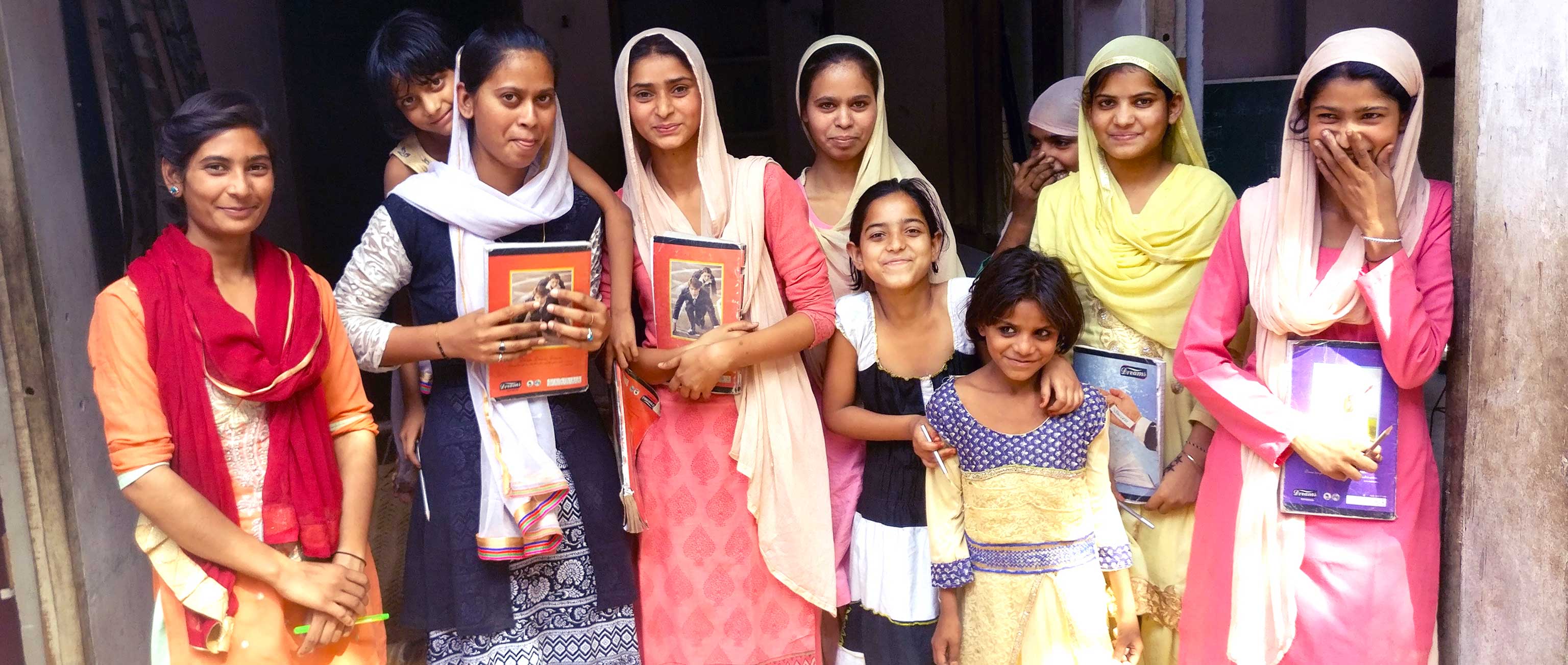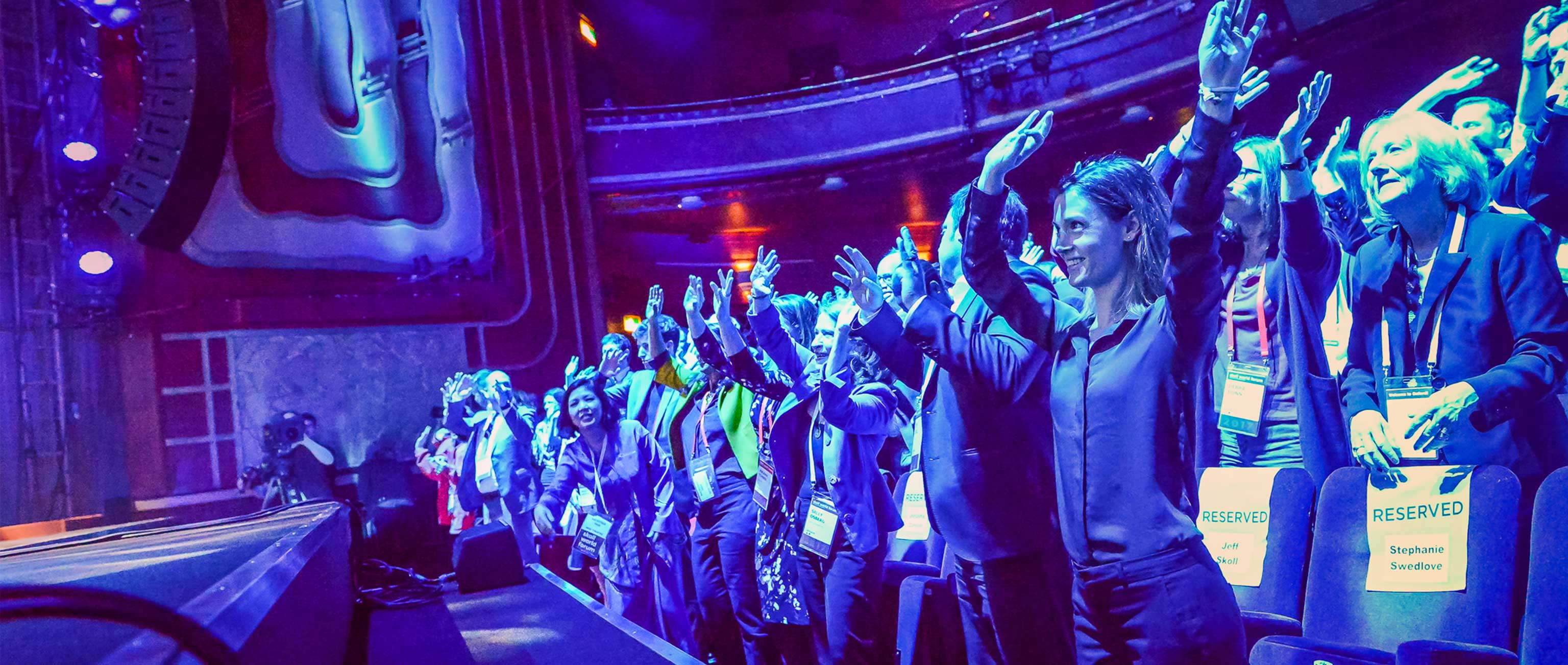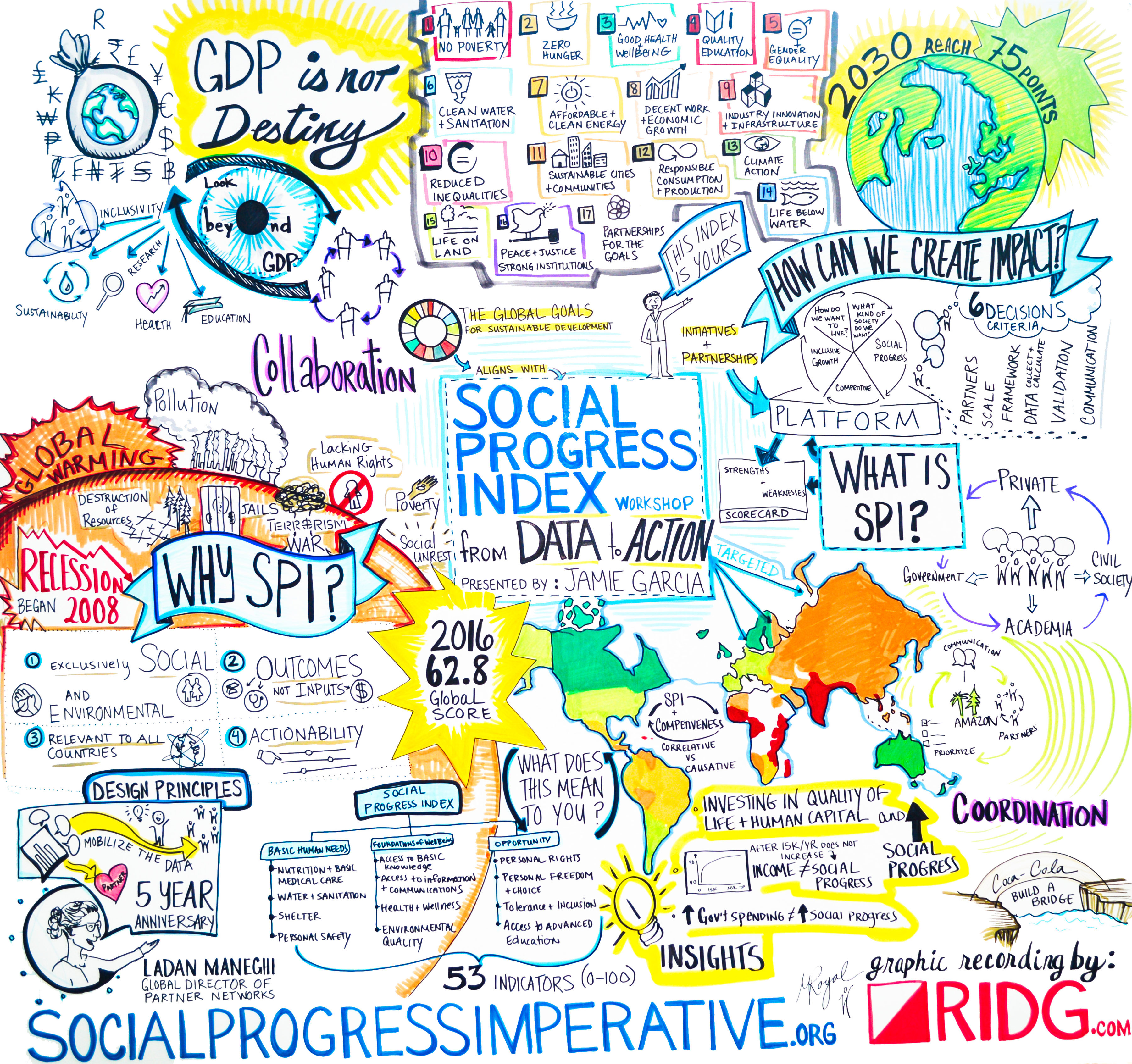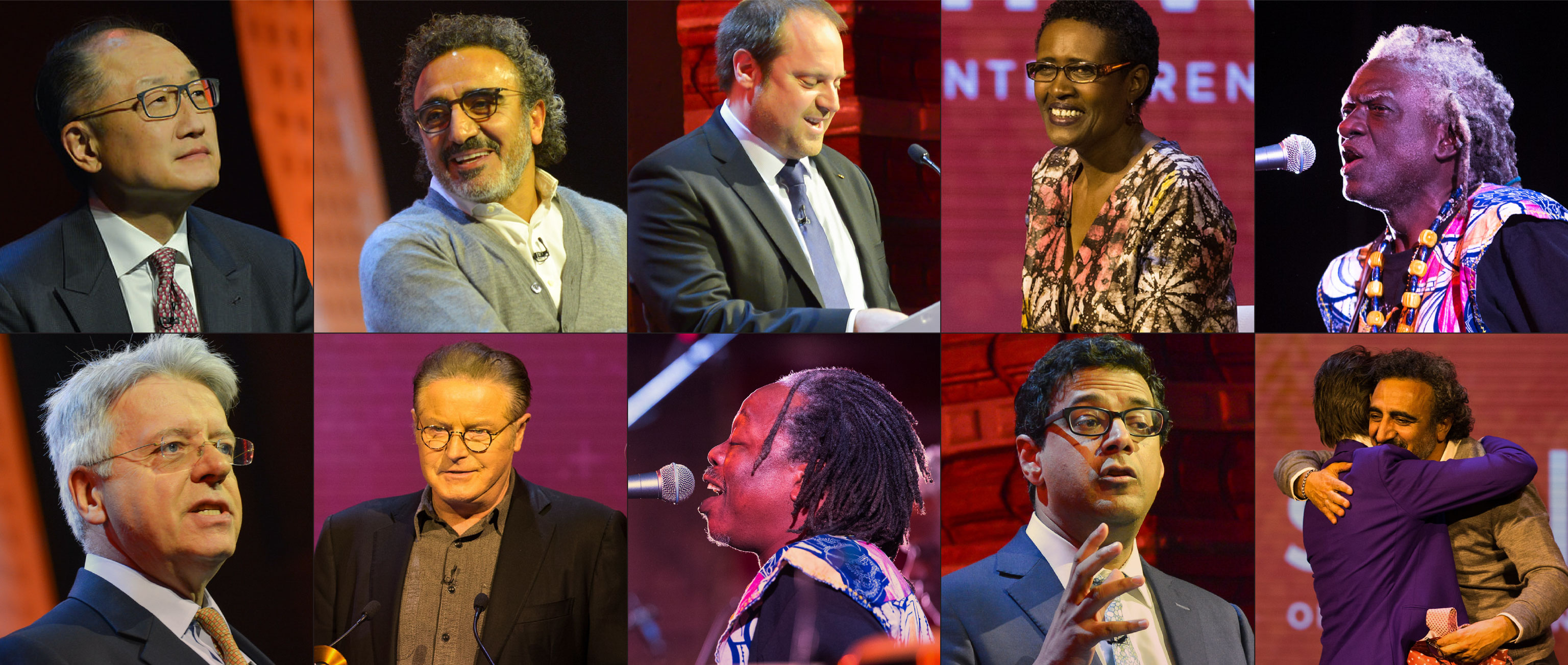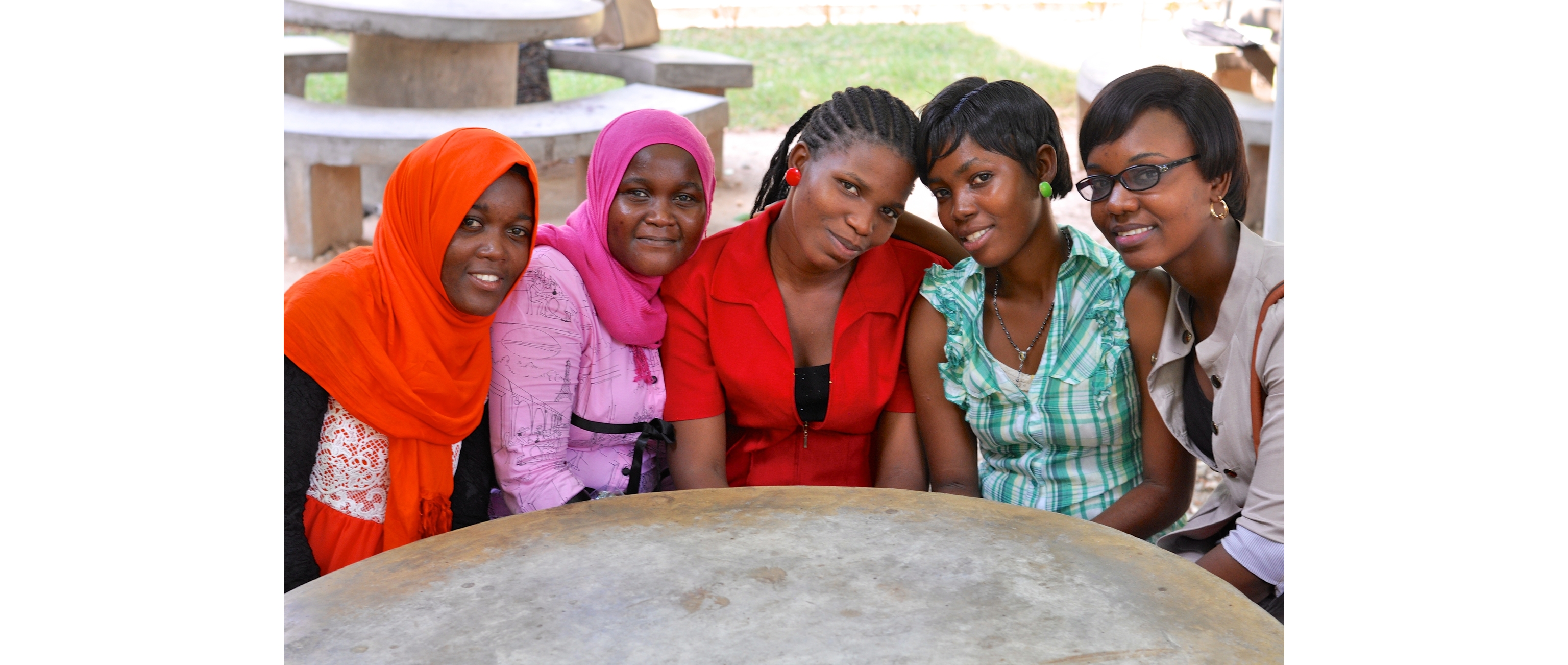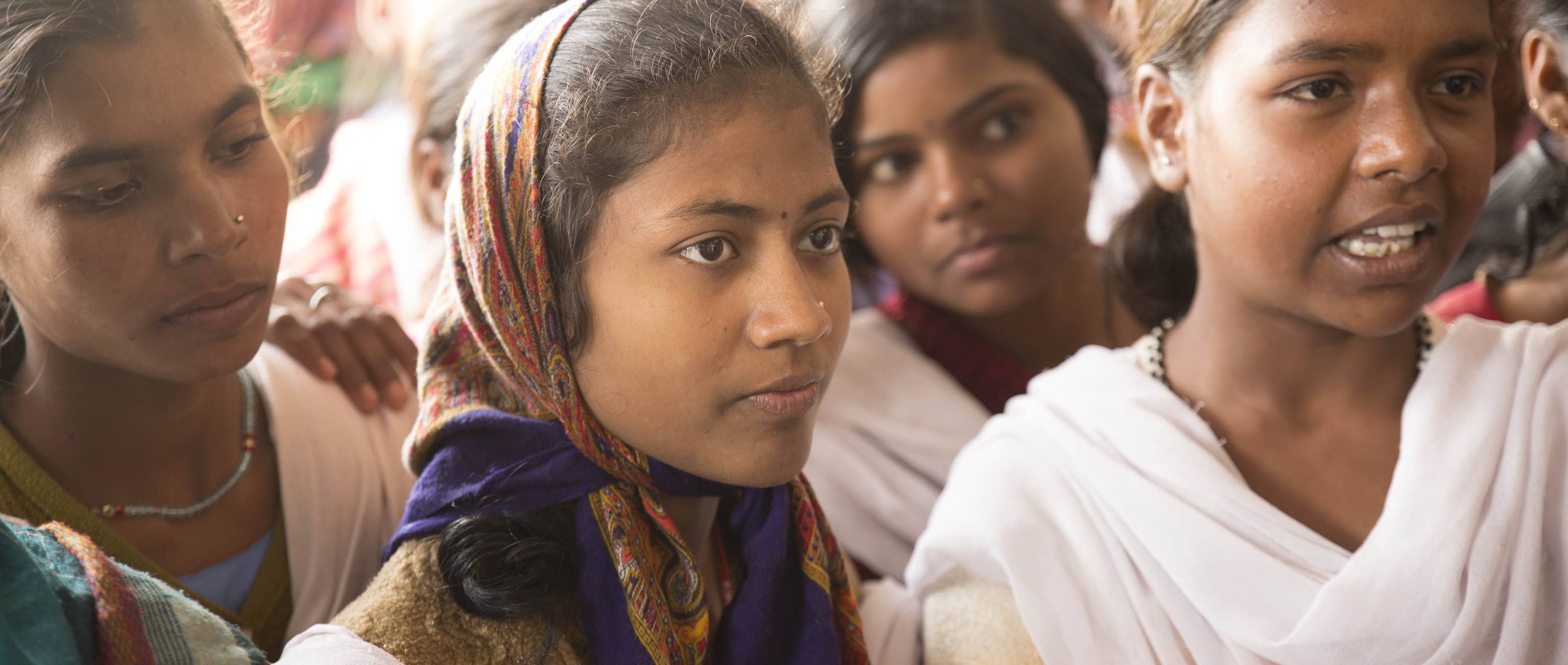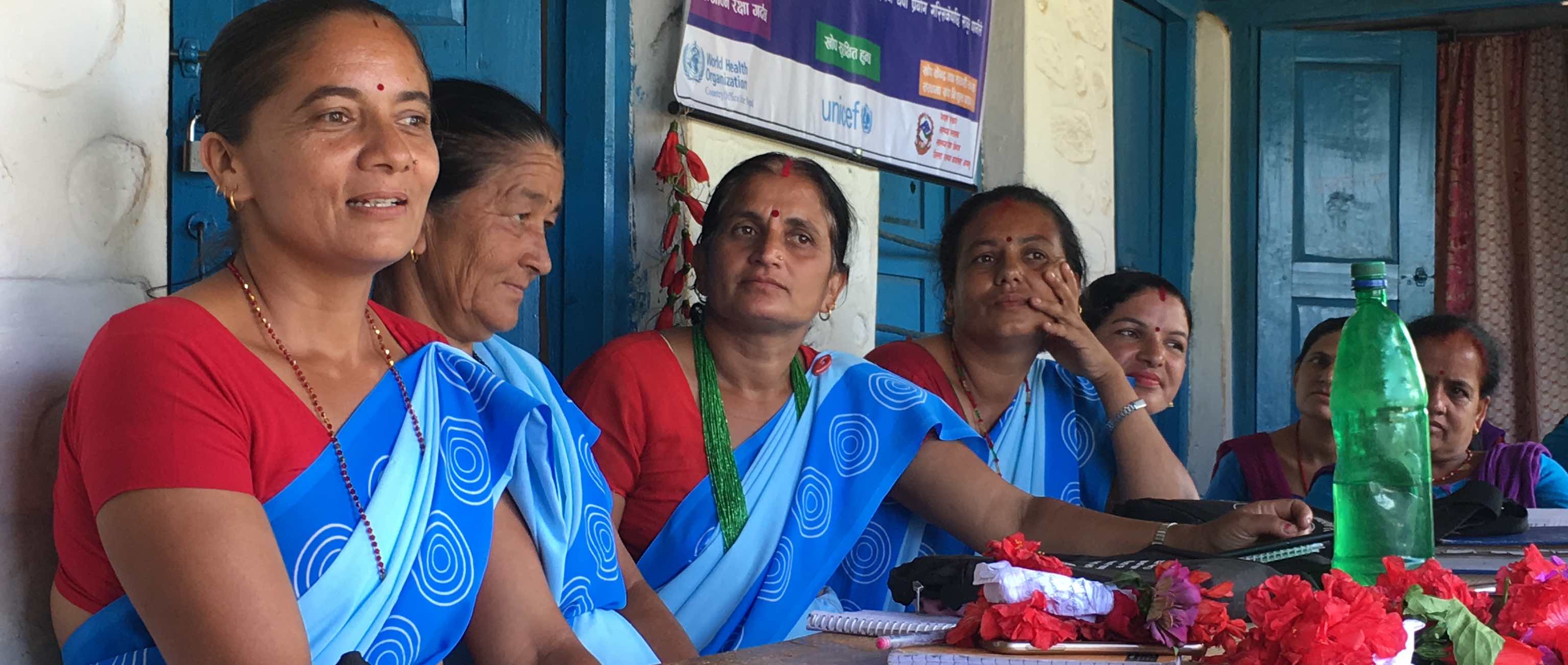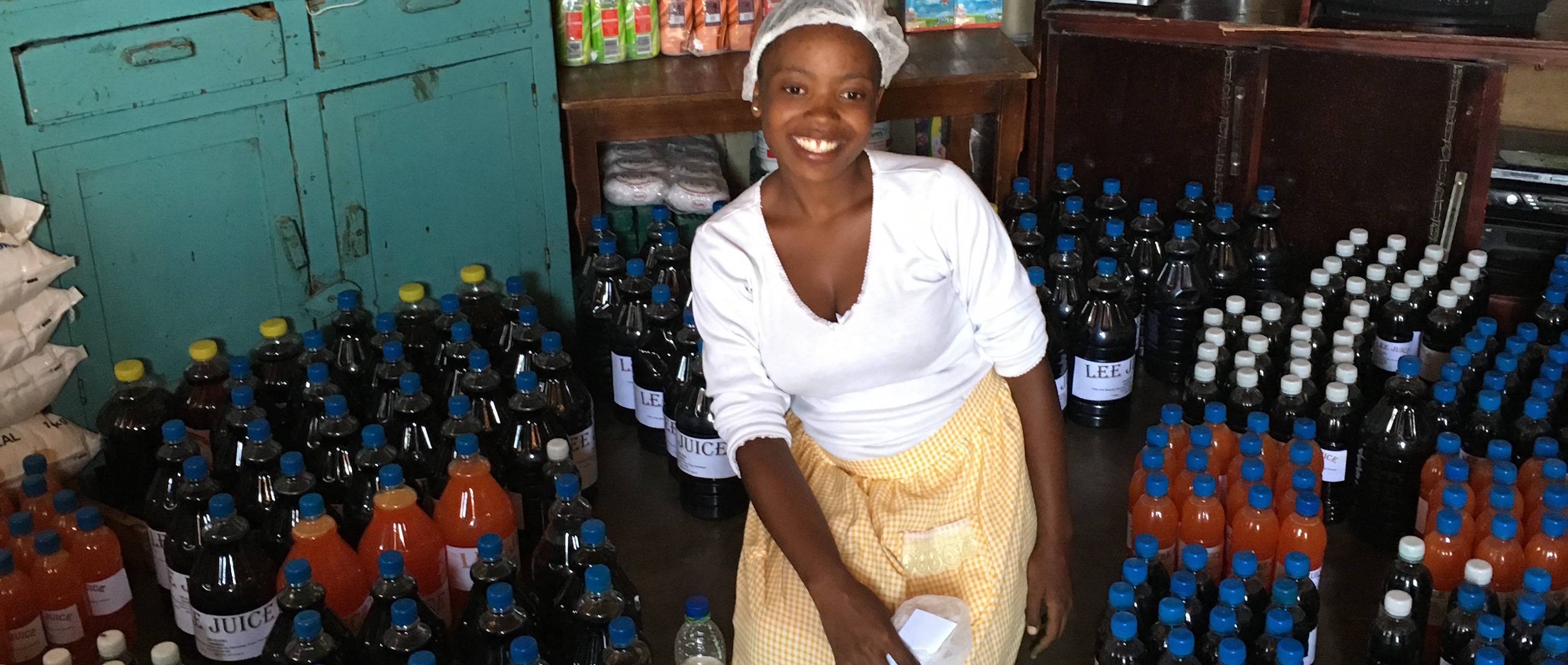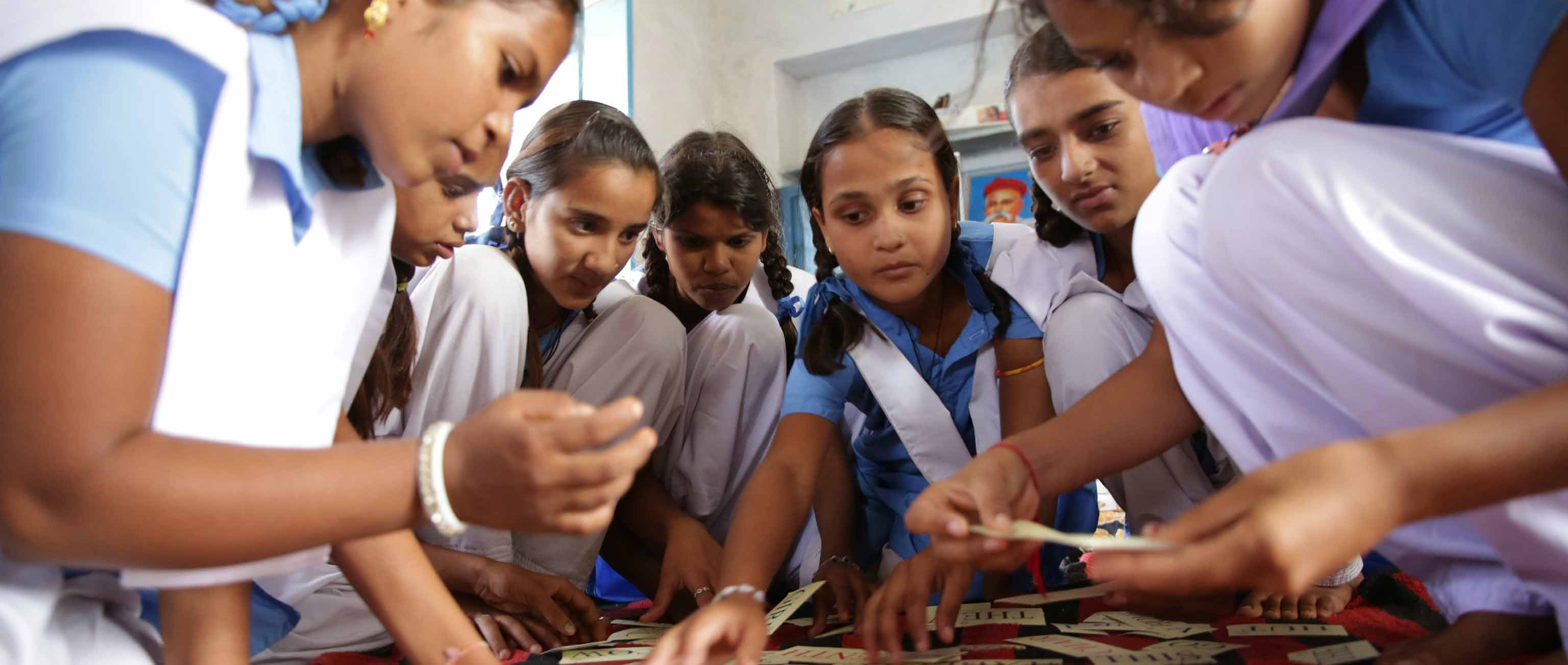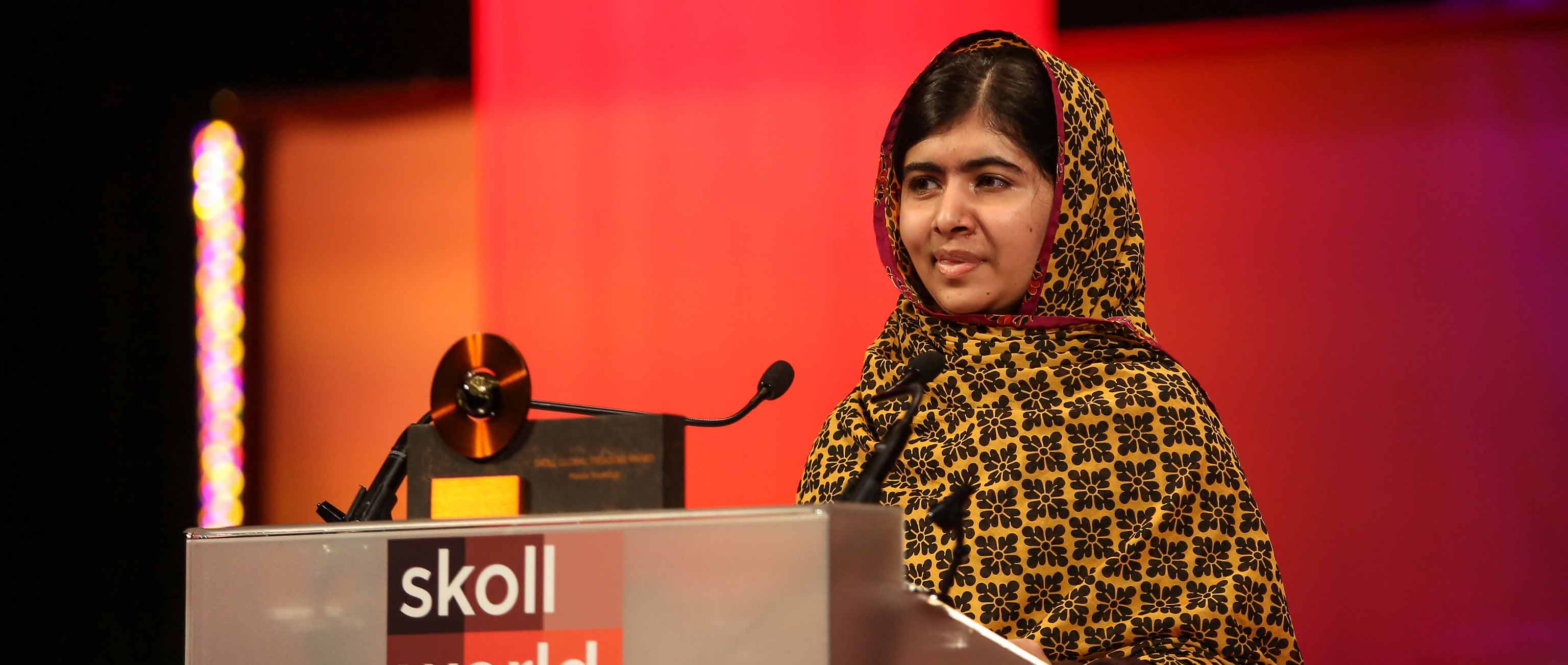Educating girls and women is critical for individual, community, and national well-being and opportunity. Context matters here, as cultural and systemic norms impeding women’s and girls’ education, as well as delivery models, need to be understood and addressed with relation to a specific community or household.
All opportunities for girls and women in society are equal, starting with equitable access to a quality education from birth through primary school, secondary school, and into the economic opportunities of adulthood. Every girl and woman has the right to a childhood, lives without fear of violence, and has the freedom to choose whom she marries and when to start a family.







